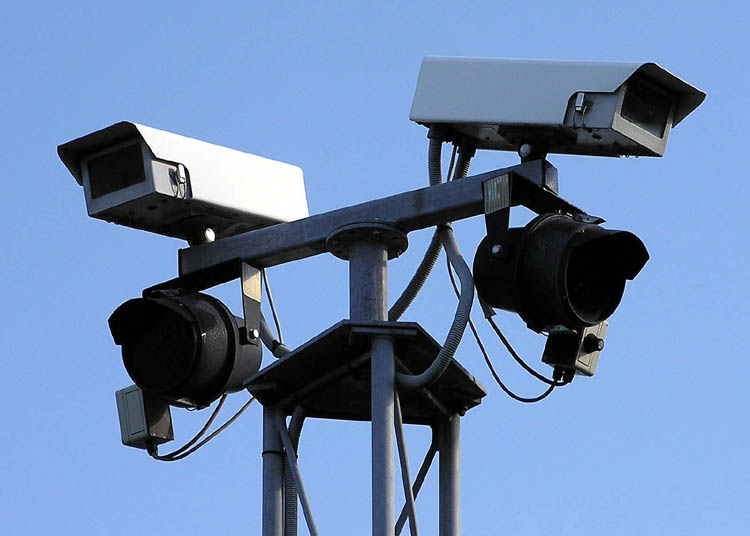The use of automated license plate readers by law enforcement agencies has become ubiquitous over the last decade. It is probably the most extensive mass surveillance program in the United States. The terrabytes of car images, of whch 99.5% or more will never be connected with any criminal action, have led to problematic storage and sharing methodologies including the use of federal fusion centers like NCRIC and privately held databases like Morotola’s LEARN database (formerly owned by Vigilant Solutions). Such databases have been accessed by numerous federal agencies including ICE and Homeland Security Investigations, the FBI and Joint Terrorism Task Force and even the IRS.

Now the State of California is taking another look at license plate readers, after mandating publicly posted usage policies. Assembly privacy chair Ed Chau has unveiled AB 1782 which would subject all ALPR operators and end users in the State to significant limitations on the retention and sharing of license plate reader data.
AB 1782 would mandate the destruction of all non-anonymized license plate reader data at no more than 60 days after collection unless the data meets the standard in Section 2413 of the Vehicle Code – to wit:
“Circumstances when the data is being used as evidence or for all felonies being investigated, including, but not limited to, auto theft, homicides, kidnaping, burglaries, elder and juvenile abductions, Amber Alerts, and Blue Alerts.”
AB 1782 also attempts to prevent the sale or sharing of license plate reader data with organizations and individuals that are not law enforcement agencies, possibly creating problems for the privately held LEARN database.
